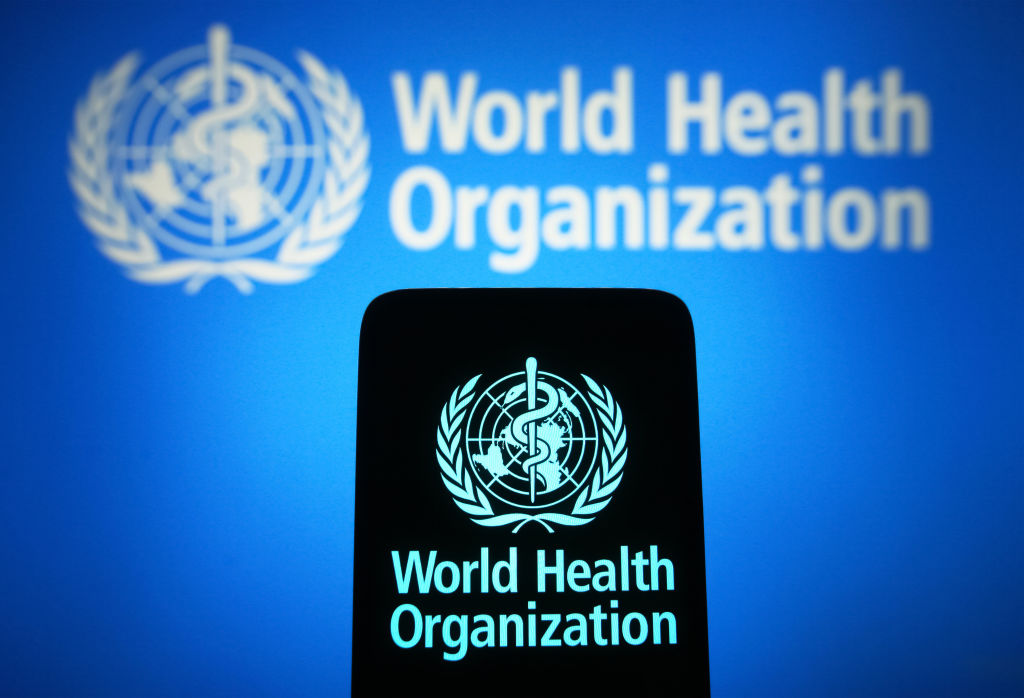The World Health Organization (WHO) on Wednesday dismissed claims by US President Donald Trump that taking paracetamol during pregnancy could be linked to autism.
At a White House event earlier this week, Trump urged expectant mothers to “tough it out” instead of taking acetaminophen, the active ingredient in Tylenol. He suggested its use could be harmful, advising women to avoid it unless dealing with an “extremely high fever.”
“There is currently no conclusive scientific evidence confirming a possible link between autism and use of acetaminophen during pregnancy,” the WHO said in a statement, adding that extensive research over the past decade, including large-scale studies, had found “no consistent association.”
The health body noted that acetaminophen is the most widely used over-the-counter drug in pregnancy, taken by more than half of expectant mothers worldwide for pain, headaches, or fever, and continues to be recommended as safe by regulatory and clinical agencies.
Globally, nearly 62 million people live with autism spectrum disorder, a diverse group of brain development conditions, according to WHO estimates. The exact causes of autism remain unclear, with multiple factors thought to be involved.
The WHO also advised pregnant women to follow medical guidance rather than public commentary. “Any medicine should be used with caution during pregnancy, especially in the first three months, and in line with advice from health professionals,” it said.
Reiterating the importance of immunisation, the organisation said vaccine schedules are developed through an evidence-based process and have saved at least 154 million lives in the past five decades. Disruptions in vaccination, it warned, could sharply increase infection risks for children and the wider community.
(With agencies inputs)














